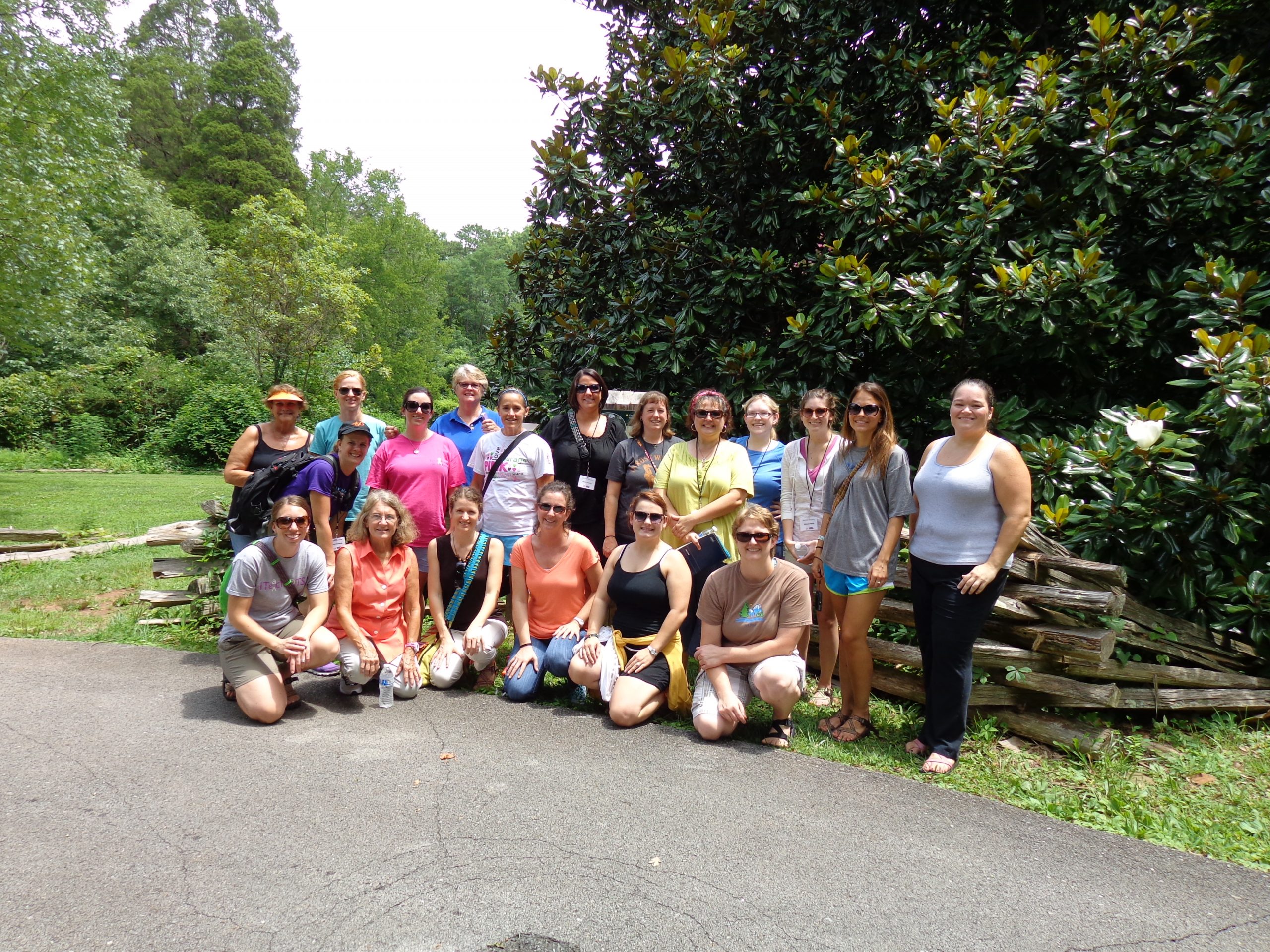Levels of Interactional Focus: A study of contrasting protocols for investigating literacy teacher effectiveness
Funded by the Spencer Foundation, National Academy of Education, Spencer Foundation, in partnership with the University of Michigan’s Interuniversity Consortium for Political & Social Research
The purpose of this study is to investigate the relationship between validated measures of teacher effectiveness validated by the Gates Foundation’s Measures of Effective Teaching (MET) project and existing research on effective literacy instruction. Research on tools for measuring teacher effectiveness has recently focused on establishing validity and reliability. Yet, practitioners and researchers alike have called for more streamlined versions of commercially available tools, and new, more efficient tools for frequent evaluation in everyday school settings. A range of stakeholders have also called for evaluation instruments that highlight the aspects of instruction that are most intimately linked to student outcomes so that feedback from evaluation ratings can directly and powerfully improve classroom teaching. In this study, researchers generate and validated d protocols that represent alternative approaches to the analysis of classroom instruction. By both ‘zooming out’ to macro-level features of instruction and ‘zooming in’ to micro-interactions, this project will not only highlight aspects of MET project protocols that are most predictive of student outcomes, but will identify which level(s) of interaction are most efficient and productive to observe.
Bio
Rachael Gabriel is an Assistant Professor of Reading Education at the University of Connecticut. A former classroom teacher and literacy specialist, she holds a Ph.D. in Education with a focus on Literacy Studies and graduate certificates in both quantitative and qualitative research methods. Rachael is an associate of the Center on Education Policy Analysis (CEPA) and the Center on Postsecondary Education and Disability (CPED) at the University of Connecticut. Her research focuses on the intersections of literacy, disability studies, and teacher quality. Within each she attends to the constitutive use of language and the formation and implementation of related policies. Her current research addresses three areas of focus: teacher development and disciplinary literacy in secondary school settings; teacher evaluation policies and related practices; and the role of language reading comprehension instruction in the middle grades.




